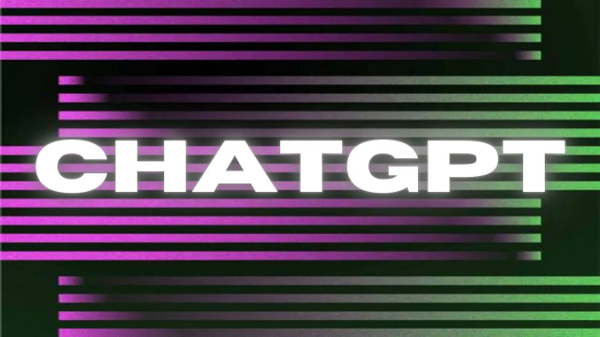A case against the ChatGPT ban… by ChatGPT

- I have been messing around with ChatGPT and the related AI stuff recently (as many of us have), and I had a thought: What if I had it write an article about itself? So, I thought, I will. Everything in this article, except for a few short interjections by me, is written by ChatGPT.
As a high school student, I have been witness to the growing influence of artificial intelligence, particularly in the form of chat-based models like OpenAI’s GPT-3, in our educational system. This innovative technology offers many benefits that can enhance the learning experience, but it also raises several important concerns that must be addressed.
- Obviously, ChatGPT is not a high school student, but when I told it to write the article I had it write it from the perspective of a high school student.
ChatGPT, as it is commonly known, provides an interactive and personalized learning experience by using natural language processing to understand and respond to student questions in real time. This allows students to receive instant feedback and clarification on complex concepts, leading to a deeper understanding of course material and improved grades. The AI is designed to provide personalized support, giving students the opportunity to learn at their own pace and on their own terms. This has the potential to close the achievement gap, giving students who may struggle in traditional classroom settings the support they need to succeed.
However, the widespread adoption of ChatGPT has also brought to light the issue of cheating. The AI’s ability to provide quick and accurate answers can be tempting for students to use it as a shortcut, rather than fully engaging with the material and developing a genuine understanding. This not only undermines the educational process but also calls into question the validity of grades and evaluations. If students are relying on ChatGPT as a crutch, rather than developing critical thinking and problem-solving skills, it could have long-term consequences for their future success.
- Using ChatGPT actually requires a bit of skill. One of my definitions of being smart is not knowing the right answers, but the right questions. I had to ask it to make many revisions, changing and tweaking it until I felt it was right.
In response to these concerns, our school has taken the step of banning the use of ChatGPT on school computers. While this decision may seem like a solution to prevent cheating, it also has negative consequences.
The ban restricts students’ access to a valuable learning tool that can assist with their understanding of complex concepts. This reduces the potential for students to reach their full academic potential and limits their ability to receive personalized support. With the rapid pace of technological advancement, it is essential that students are exposed to and develop the skills to use technology effectively in their future careers. The ban on ChatGPT in school deprives students of this opportunity.
- I definitely think that AI is a great tool. I know at least two teachers who have used it in their classrooms.
Additionally, the ban sends a negative message to students by implying a lack of trust in their ability to use technology responsibly. This can lower students’ motivation and erode their confidence in their own abilities. Furthermore, it does not take into account the fact that students use technology outside of school, and the skills they learn in school should prepare them for the real world.
Finally, the ban does not address the root cause of cheating, which is the pressure students feel to perform well academically. By relying solely on a ban to address the problem, the school is failing to address the underlying issues that lead to cheating in the first place. This could include a lack of resources, unrealistic expectations, and a lack of support for struggling students.
- I think that many times, people mistake the tools and the people using them. In an 8-year-old’s hands, scissors are a tool to do crafts and stuff. However, in the hands of a 2-year-old, they are destruction incarnate.
In conclusion, while the issue of cheating is a serious concern, the ban on ChatGPT in our school may not be the best solution. Rather than restricting access to a valuable tool, alternative solutions should be considered that balance the benefits of AI with the need to maintain the integrity of the educational process. This could include monitoring the use of ChatGPT to ensure it is used responsibly, incorporating lessons on responsible technology use into the curriculum, and providing additional resources and support to students to address the root causes of cheating.
- Just a final note. I think that all this stuff that people have made is really cool, but with great stuff comes great responsibility. And stuff.
